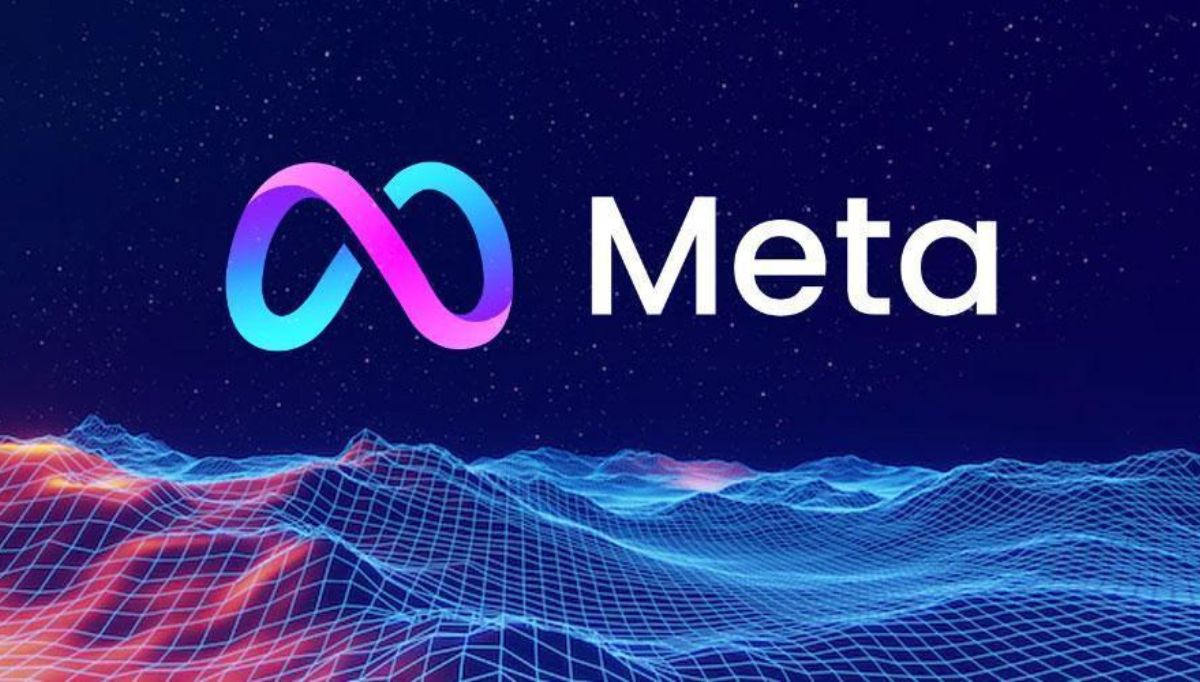In a move that echoes the growing intersection of technology and politics, Meta Platforms Inc. has announced a groundbreaking policy. By the year 2024, Meta’s policy requires disclosures of AI-created, altered political ads, compelling advertisers to be transparent about their use of artificial intelligence and digital methods in political advertisements. This policy isn’t just a change in the rules; it’s a significant step forward in the ever-evolving digital political landscape, underlining the intricate bond between technology and the political world.
The Significance of Meta’s Decision
The impact of political advertisements on public perception and voting behavior is immense. In an era where digital content can be easily manipulated, distinguishing the real from the fabricated becomes increasingly challenging. Meta’s new policy stands as a beacon of transparency, ensuring that voters are informed about the nature of the political ads they see. This initiative is vital for maintaining the integrity of political discourse and for strengthening public trust in digital media.
Ripples Across Politics and Tech
Meta’s decision is poised to create waves across the globe. It’s a clarion call to other digital platforms and advertisers, highlighting the growing role of AI in politics. This policy could pave the way for future regulations in digital advertising, particularly concerning politically sensitive content. It brings to the forefront the urgent need for ethical considerations in the use of AI technologies in politics.
Meta and the Pursuit of Digital Transparency
With this initiative, Meta positions itself as a leader in advocating for digital transparency in political advertising. This proactive stance could inspire similar actions from other tech giants, potentially leading to a more transparent and accountable digital political environment. Meta’s policy reflects the company’s dedication to upholding ethical standards in the dissemination of digital content.
Challenges and Perspectives
While the policy is a step in the right direction, its effectiveness will depend on its enforcement and adherence. Critics might see this as a surface-level solution to the deeper problem of misinformation and digital manipulation in politics. The real challenge for Meta will be ensuring that this policy is followed across diverse political and digital landscapes.
In Asia, where digital growth and political diversity are significant, this policy could have far-reaching effects. It’s important to consider how different political, cultural, and technological contexts in Asian countries might affect the reception and effectiveness of this policy. Meta’s move could act as a catalyst for discussions on digital ethics and transparency in Asian political systems.
Also read: OpenAI Seeks Partners for AI Data Expansion
As we approach 2024, there is growing anticipation about the implementation of this policy and its impact on the digital political landscape. This policy might herald a new era in digital politics, where AI’s role is more transparent and ethically managed. Observers, policymakers, and the tech community are keenly watching how this policy will reshape the dynamics of digital political advertising.
Meta’s decision to require disclosures for AI-created or altered political ads is a pioneering move in the digital realm. It’s a policy that reaches beyond technology and advertising, touching the very heart of democratic processes. As we navigate the evolving landscape of digital politics, such measures become vital for maintaining the sanctity of political discourse and the trust of the electorate in digital media.

















